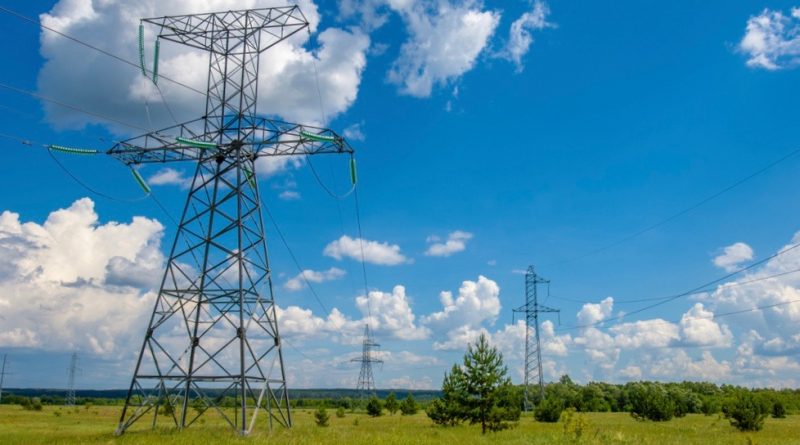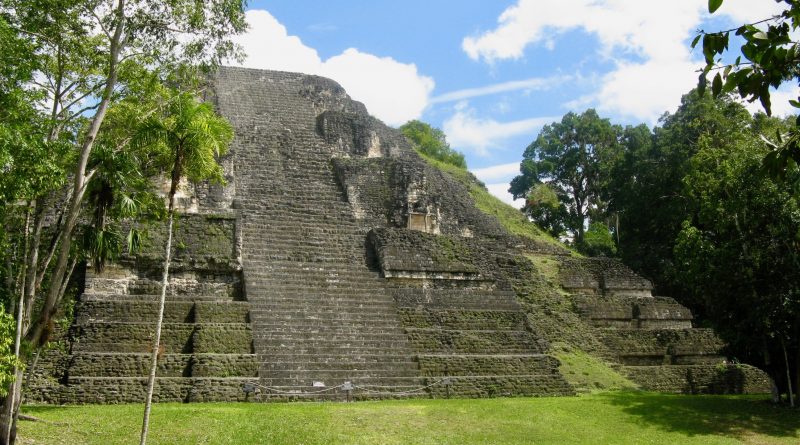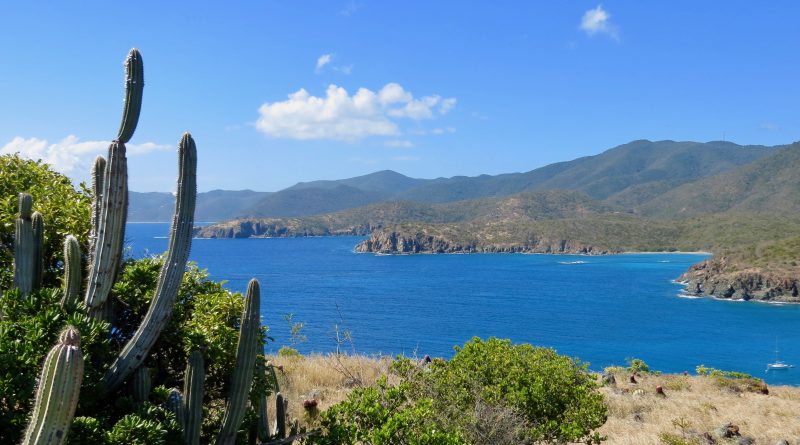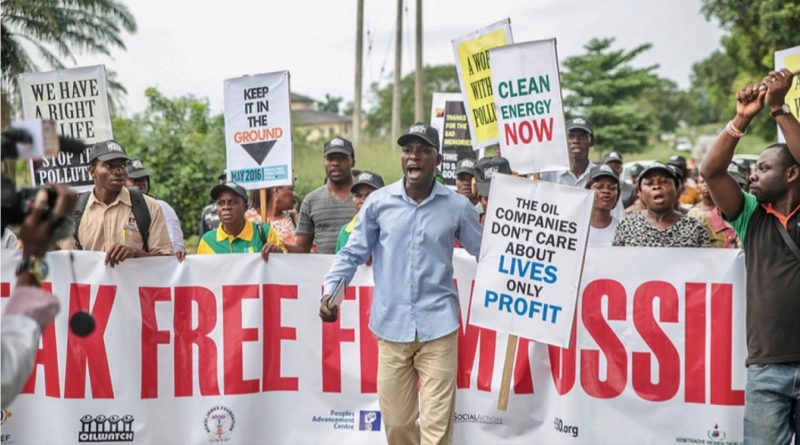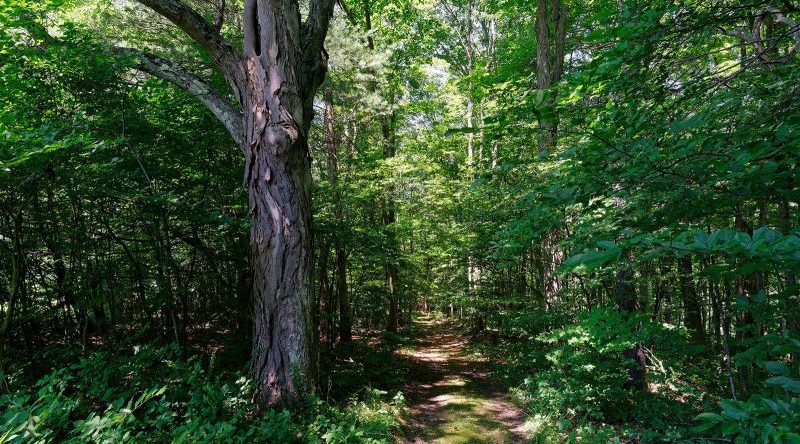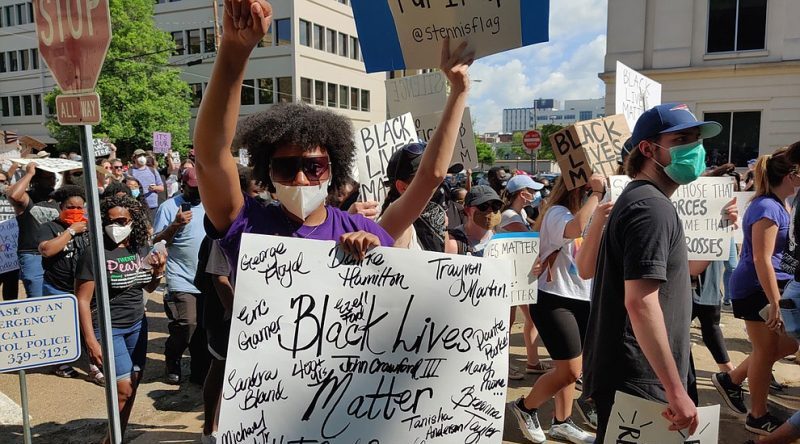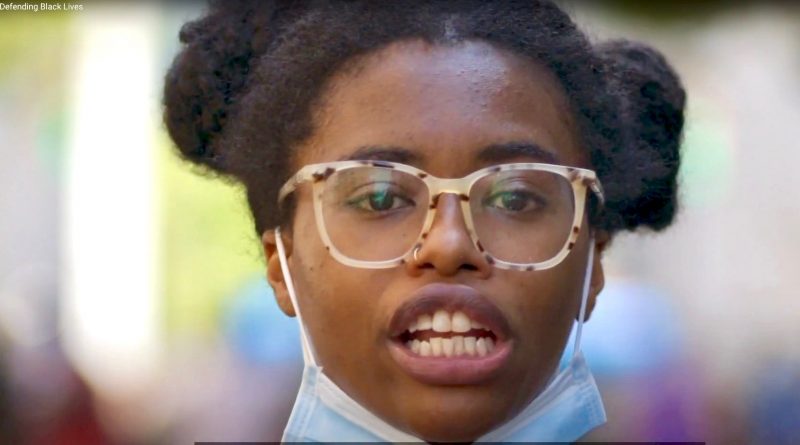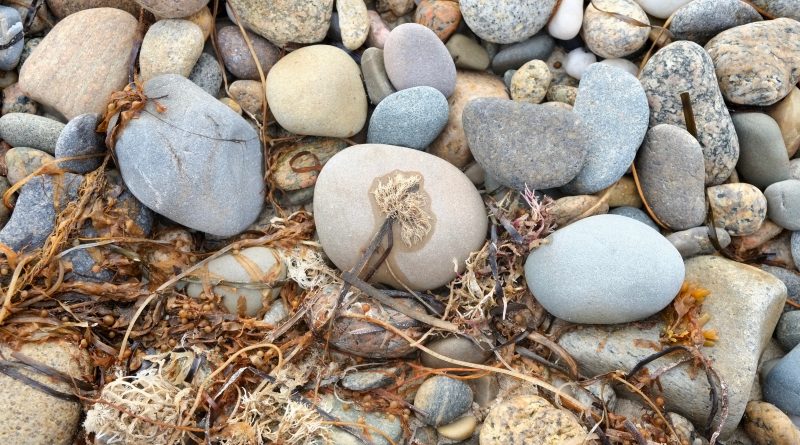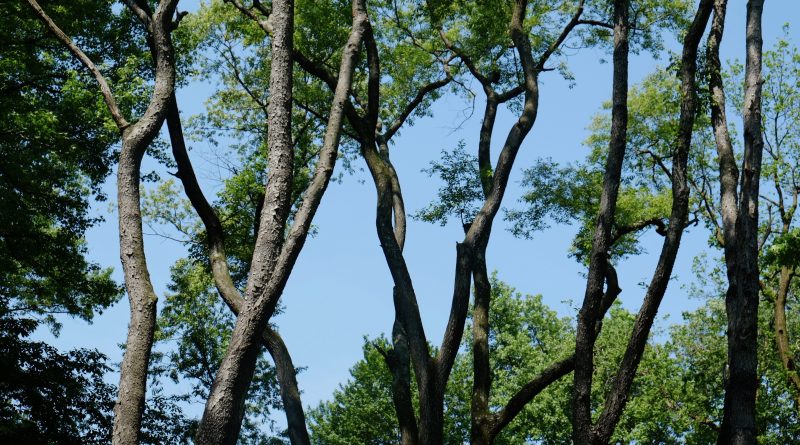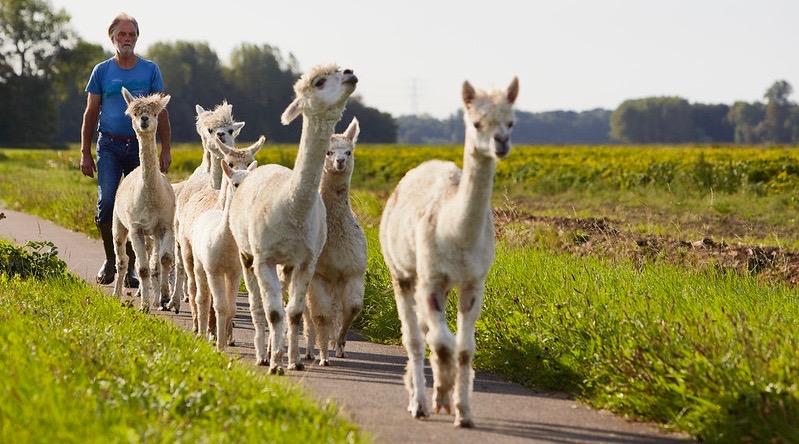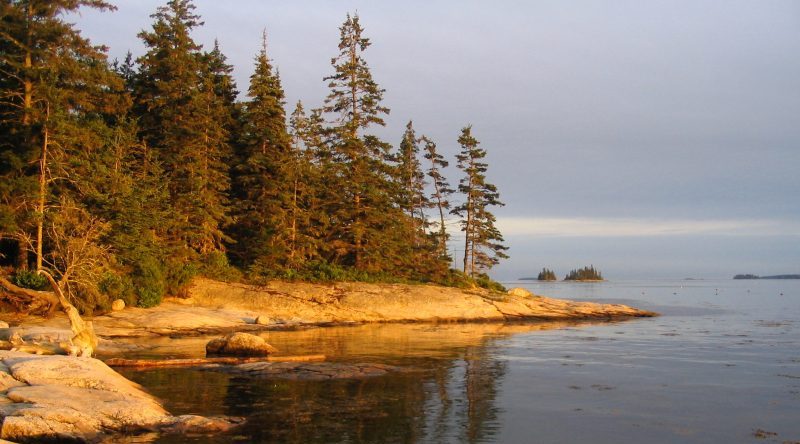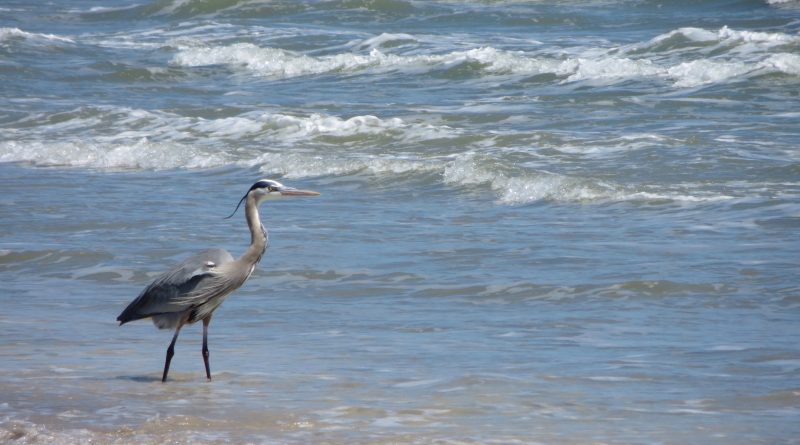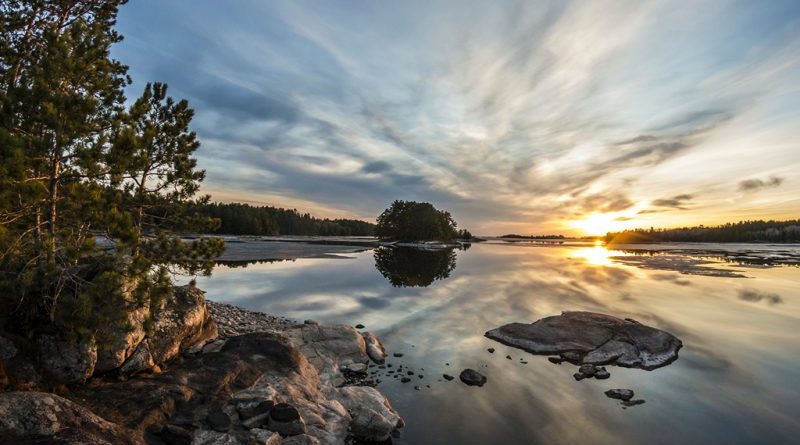How to Reduce U.S. Emissions 70%-80% by 2035
Is it really possible that the United States could reduce its greenhouse gas emissions by 70% – 80% by 2035? A newly published detailed study of energy sources and needs, production capacity, jobs, and finance from “Rewiring America” says it is. MacArthur “genius” grant recipient, Saul Griffith, and his team have found that not only is it possible technologically, but that the national mobilization required to bring it about would create 15 million to 20 million jobs in the next decade and 5 million permanent jobs after that.
Remarkably, they provide a blueprint of how this could be done using existing technology, including people of all income levels, without requiring outlandish sums from the federal budget, without requiring a sacrifices in our standard of living (more on that another time), with financial benefits for consumers even in the short run, and with improved public health benefits. In a sense, this is the roadmap for how the challenging goals of the Green New Deal can be accomplished, if we can build massive public demand for them.
Read more